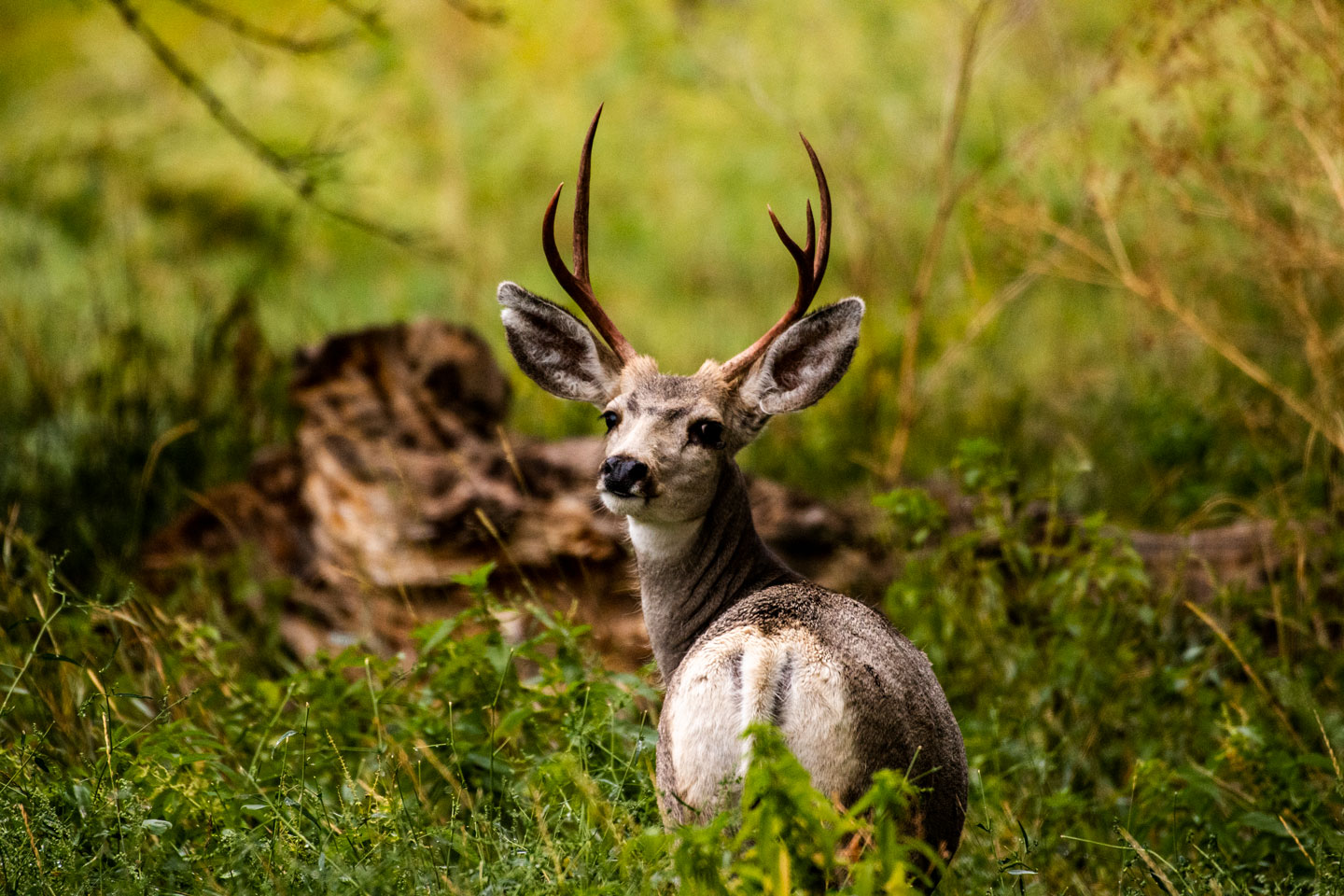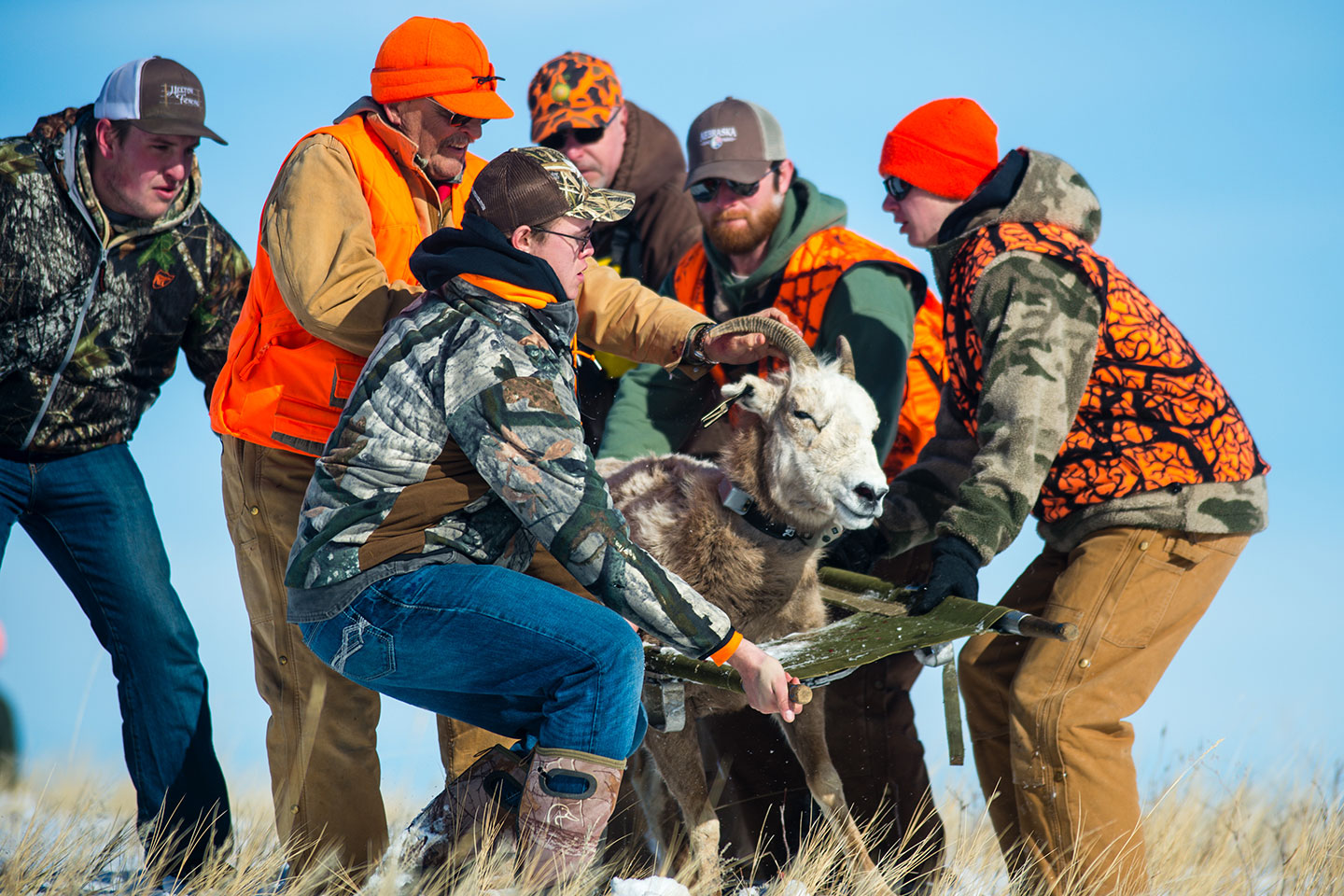Avian influenza is primarily a disease of poultry, waterfowl and migratory birds caused by Type A influenza viruses. This virus can infect several species of wild birds and domestic poultry, including chickens, turkeys, quail, guinea fowl and ducks, as well as free-ranging and captive wild birds. Less frequently, avian influenza viruses are in rats, mice, weasels, ferrets, pigs, cats, tigers, dogs and horses, as well as humans.
There are many avian influenza virus strains, which are usually classified into two categories according to the severity. Low pathogenic strains typically cause few or no symptoms in poultry. Highly pathogenic strains can cause severe symptoms and potentially high mortality rates in poultry.
Since January 2022, highly pathogenic avian influenza, H5N1, has been confirmed in wild, captive, commercial and backyard birds across the U.S. It was first identified in Nebraska in a wild goose in early March 2022. Multiple wild bird species have contracted the disease since then.



